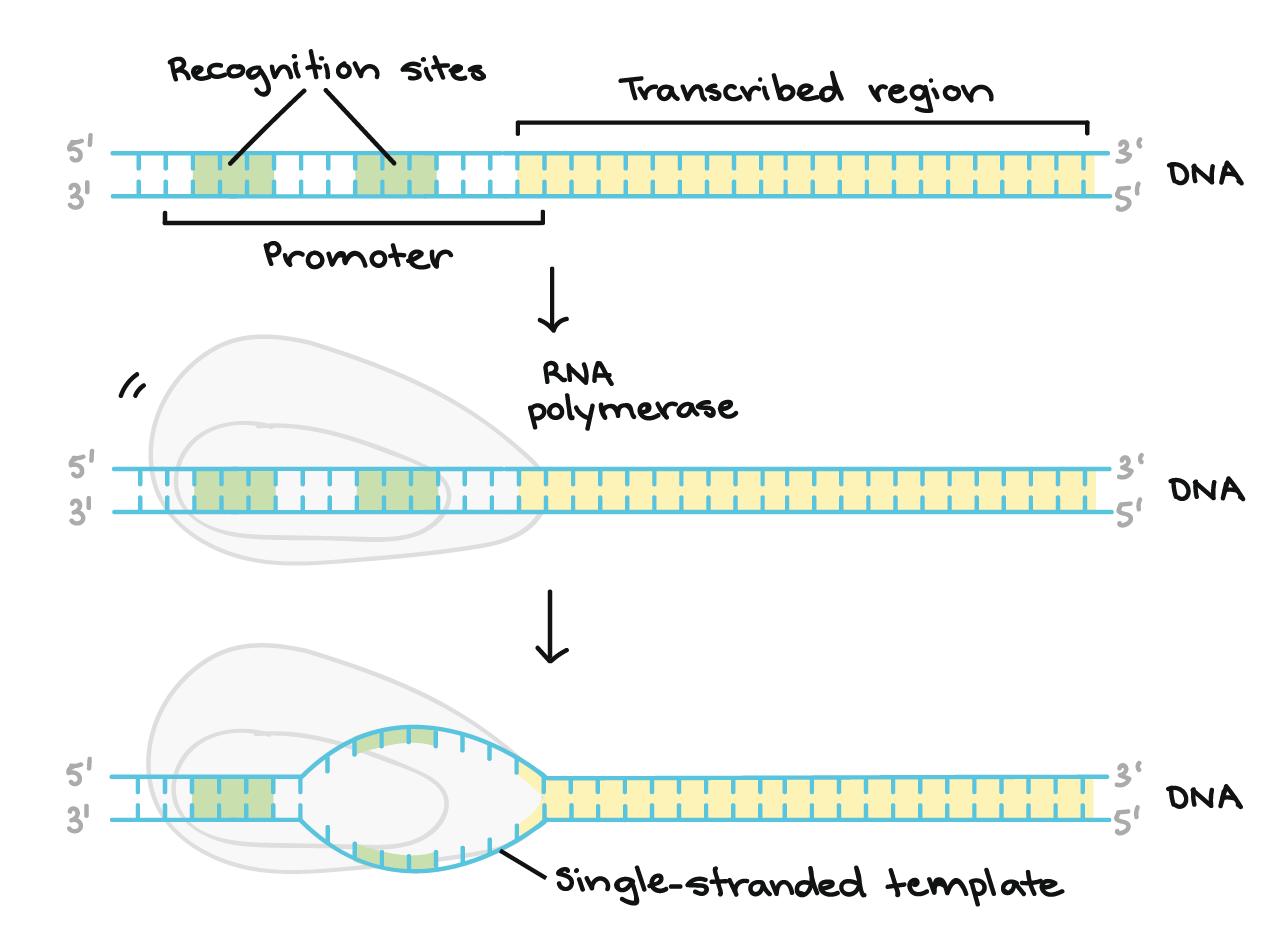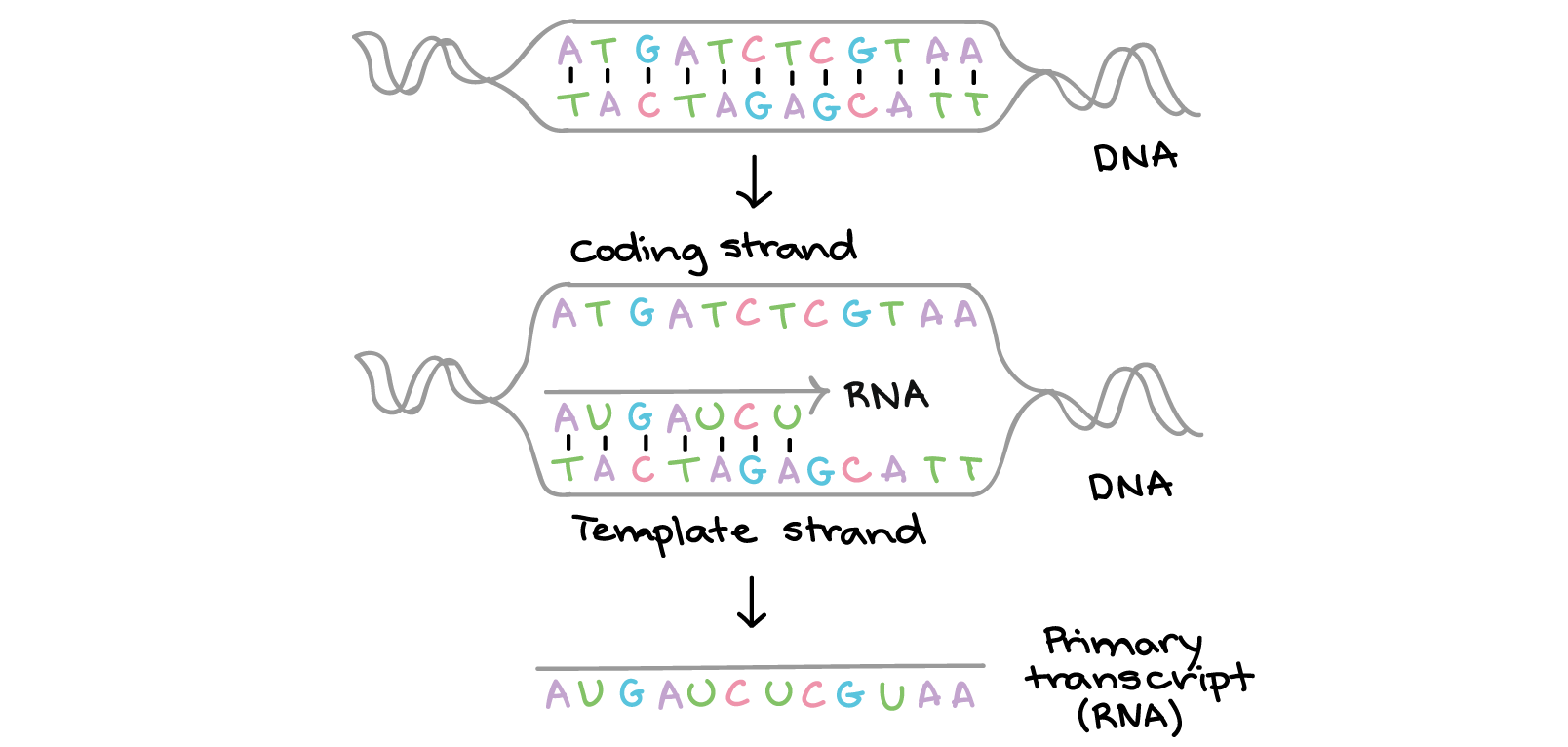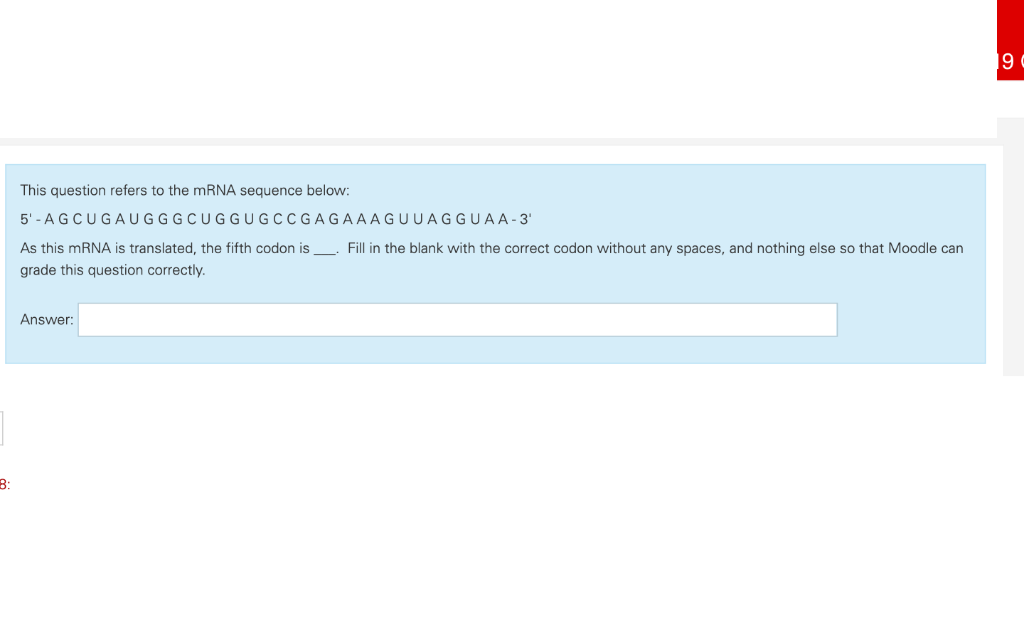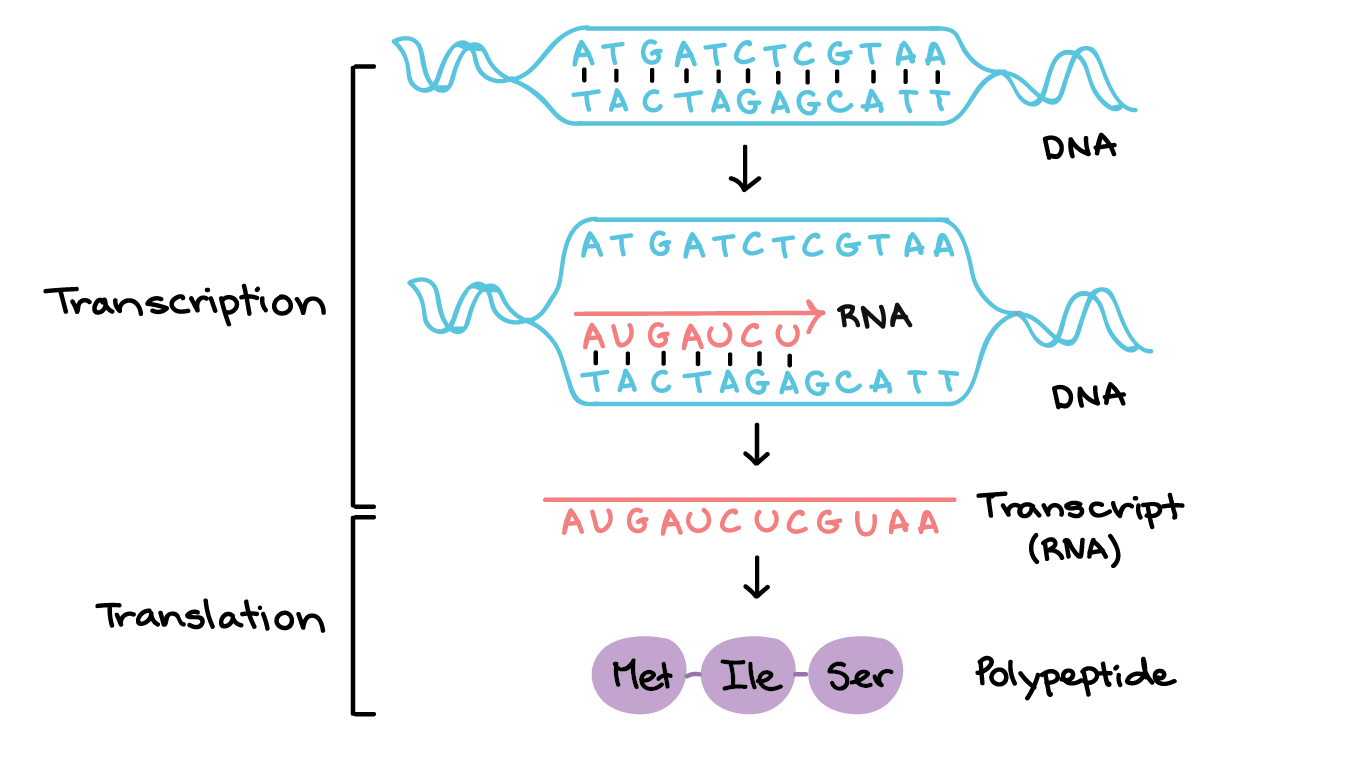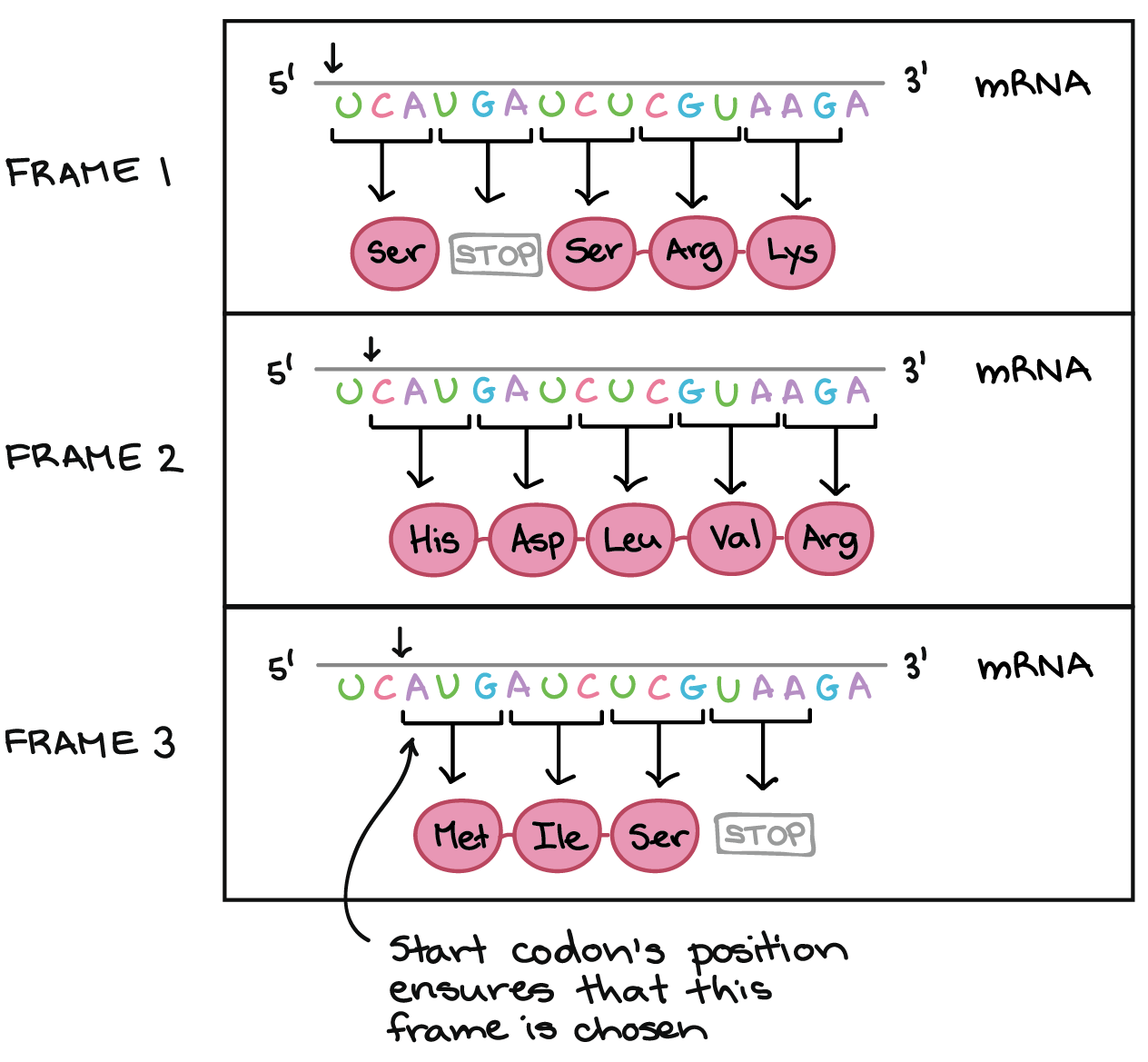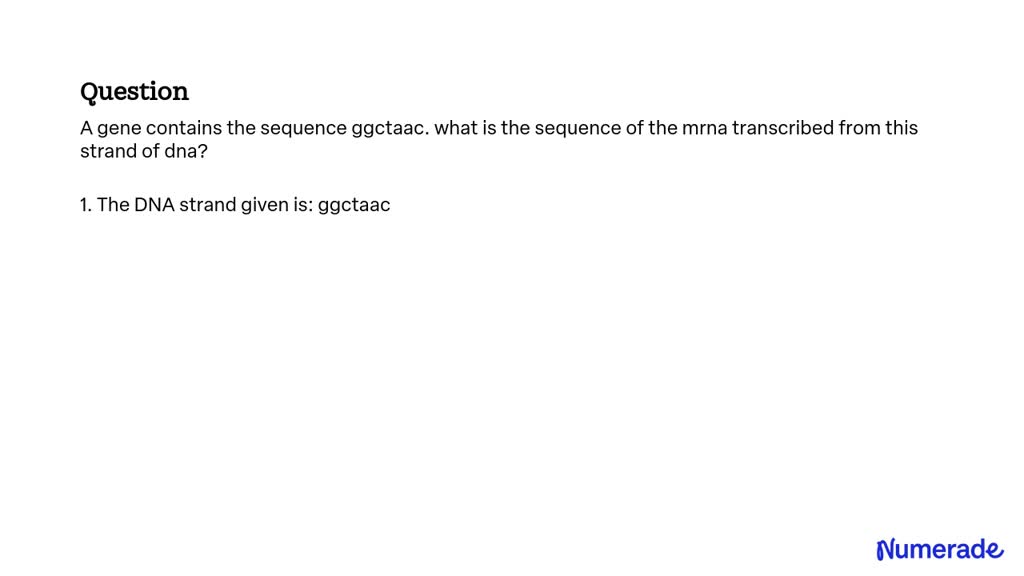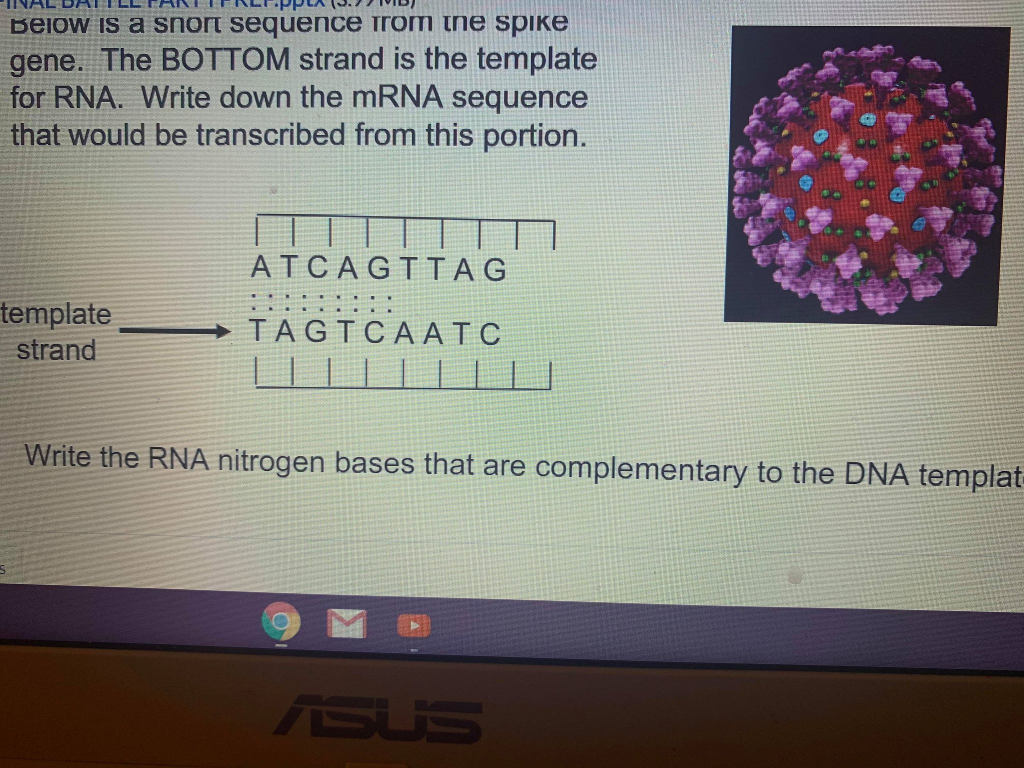What Is The Mrna Sequence Transcribed From This Segment
What Is The Mrna Sequence Transcribed From This Segment - The mrna sequence agcaauc matches the coding strand sequence with the u/t change. What is the mrna sequence transcribed from this segment? Which would most likely produce a mutation that is passed on to offspring? Genes and mrna have untranslated sequences at both the 5’ and 3’ ends. What is the mrna sequence transcribed from this segment? Eukaryotic mrnas have covalent attachment of. What will be the corresponding sequence of the mrna. Cells contain dna, which controls the production of proteins. The antisense strand of a segment of dna has the following sequence.
The antisense strand of a segment of dna has the following sequence. What will be the corresponding sequence of the mrna. Which would most likely produce a mutation that is passed on to offspring? The mrna sequence agcaauc matches the coding strand sequence with the u/t change. Eukaryotic mrnas have covalent attachment of. Genes and mrna have untranslated sequences at both the 5’ and 3’ ends. What is the mrna sequence transcribed from this segment? What is the mrna sequence transcribed from this segment? Cells contain dna, which controls the production of proteins.
Cells contain dna, which controls the production of proteins. Genes and mrna have untranslated sequences at both the 5’ and 3’ ends. Eukaryotic mrnas have covalent attachment of. The mrna sequence agcaauc matches the coding strand sequence with the u/t change. What is the mrna sequence transcribed from this segment? What will be the corresponding sequence of the mrna. The antisense strand of a segment of dna has the following sequence. What is the mrna sequence transcribed from this segment? Which would most likely produce a mutation that is passed on to offspring?
Solved 16. In the following exercise, you are given the mRNA
The mrna sequence agcaauc matches the coding strand sequence with the u/t change. Genes and mrna have untranslated sequences at both the 5’ and 3’ ends. What will be the corresponding sequence of the mrna. Cells contain dna, which controls the production of proteins. What is the mrna sequence transcribed from this segment?
Solved A segment of DNA has the sequence ATA GCA CAT GTA What is the
Which would most likely produce a mutation that is passed on to offspring? What will be the corresponding sequence of the mrna. The mrna sequence agcaauc matches the coding strand sequence with the u/t change. Genes and mrna have untranslated sequences at both the 5’ and 3’ ends. The antisense strand of a segment of dna has the following sequence.
When dna is transcribed into mrna, usually the mRNA remained single
Cells contain dna, which controls the production of proteins. The mrna sequence agcaauc matches the coding strand sequence with the u/t change. What is the mrna sequence transcribed from this segment? What will be the corresponding sequence of the mrna. The antisense strand of a segment of dna has the following sequence.
How To Write Mrna Sequence From
What is the mrna sequence transcribed from this segment? What will be the corresponding sequence of the mrna. The mrna sequence agcaauc matches the coding strand sequence with the u/t change. What is the mrna sequence transcribed from this segment? The antisense strand of a segment of dna has the following sequence.
Solved 19 This question refers to the mRNA sequence below
Genes and mrna have untranslated sequences at both the 5’ and 3’ ends. Cells contain dna, which controls the production of proteins. What is the mrna sequence transcribed from this segment? The mrna sequence agcaauc matches the coding strand sequence with the u/t change. What will be the corresponding sequence of the mrna.
When dna is transcribed into mrna, usually the mRNA remained single
What is the mrna sequence transcribed from this segment? The mrna sequence agcaauc matches the coding strand sequence with the u/t change. What will be the corresponding sequence of the mrna. Cells contain dna, which controls the production of proteins. Genes and mrna have untranslated sequences at both the 5’ and 3’ ends.
How To Write Mrna Sequence From
Cells contain dna, which controls the production of proteins. Genes and mrna have untranslated sequences at both the 5’ and 3’ ends. The mrna sequence agcaauc matches the coding strand sequence with the u/t change. The antisense strand of a segment of dna has the following sequence. What is the mrna sequence transcribed from this segment?
Solved Before a molecule of mRNA can be translated into a
What is the mrna sequence transcribed from this segment? What is the mrna sequence transcribed from this segment? Cells contain dna, which controls the production of proteins. Eukaryotic mrnas have covalent attachment of. Genes and mrna have untranslated sequences at both the 5’ and 3’ ends.
SOLVED A gene contains the sequence ggctaac. What is the sequence of
The antisense strand of a segment of dna has the following sequence. Which would most likely produce a mutation that is passed on to offspring? Eukaryotic mrnas have covalent attachment of. What is the mrna sequence transcribed from this segment? What will be the corresponding sequence of the mrna.
Solved Write down the mRNA sequence that would be
Genes and mrna have untranslated sequences at both the 5’ and 3’ ends. The antisense strand of a segment of dna has the following sequence. Eukaryotic mrnas have covalent attachment of. Which would most likely produce a mutation that is passed on to offspring? What will be the corresponding sequence of the mrna.
The Antisense Strand Of A Segment Of Dna Has The Following Sequence.
Which would most likely produce a mutation that is passed on to offspring? What is the mrna sequence transcribed from this segment? What is the mrna sequence transcribed from this segment? Genes and mrna have untranslated sequences at both the 5’ and 3’ ends.
The Mrna Sequence Agcaauc Matches The Coding Strand Sequence With The U/T Change.
What will be the corresponding sequence of the mrna. Eukaryotic mrnas have covalent attachment of. Cells contain dna, which controls the production of proteins.

